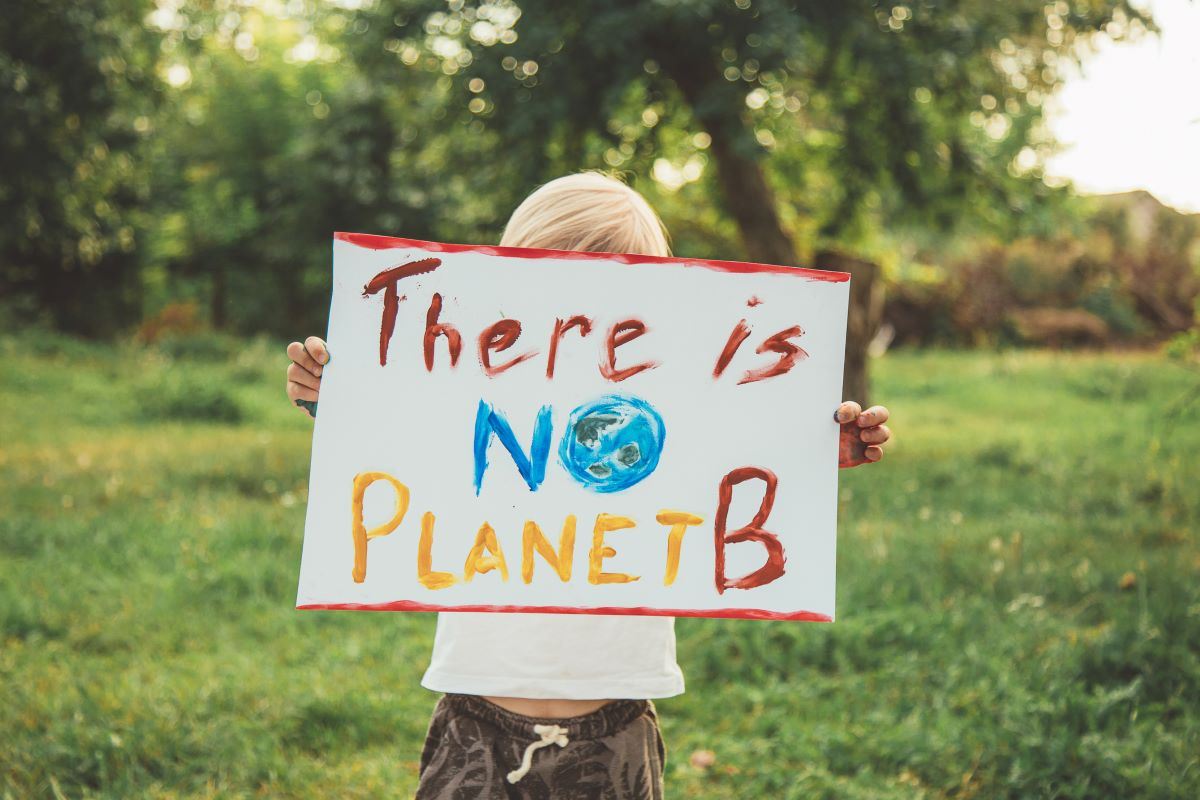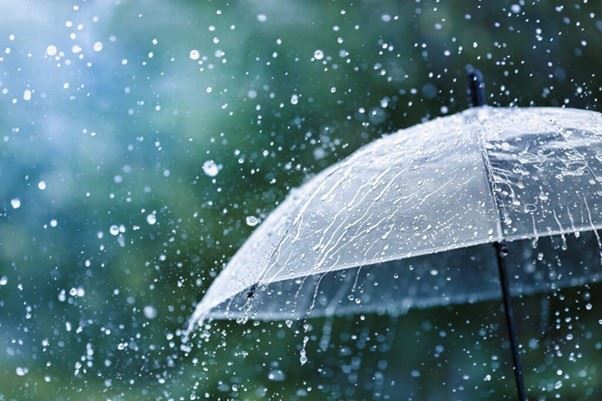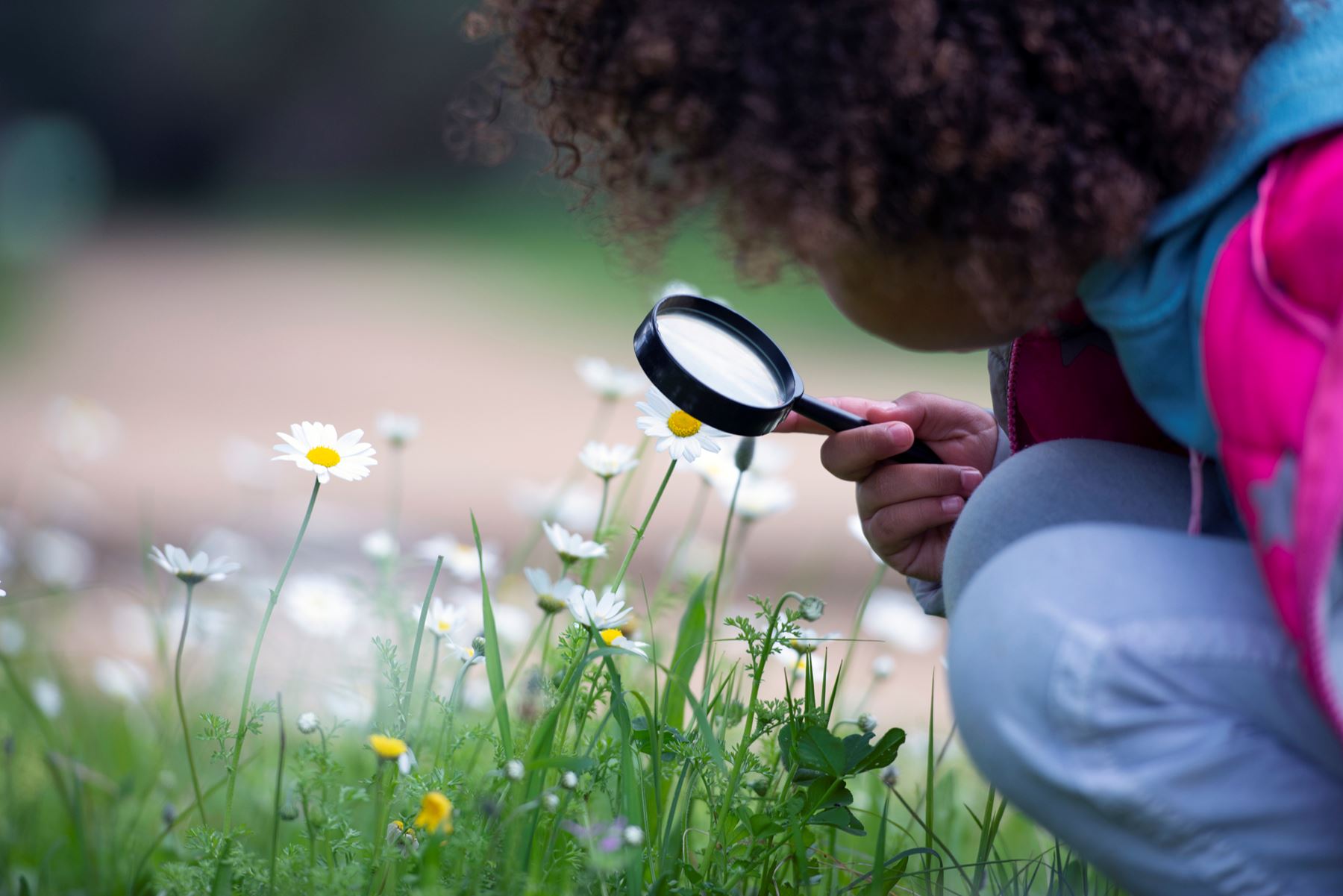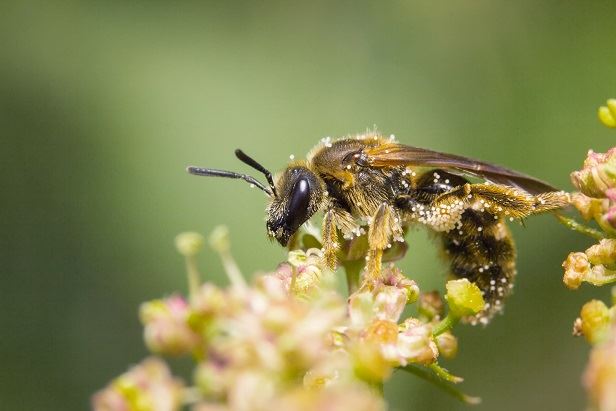Sweden has already used up its share of the earth's resources for 2025
On April 10, Sweden reaches its "Overshoot Day". This means that during the rest of the year, we consume more resources than the earth can handle us using. But even though it can feel overwhelming, we can actually help turn the tide through the small choices we make in everyday life.

As of April 10, according to the Global Footprint Network, Sweden has consumed its share of the earth's resources for the whole of 2025. This makes us one of the countries in the world that puts the greatest strain on the earth's resources. If all countries had the same consumption patterns, we would need four planets.
"It may feel hopeless that we have already used up the entire year's resources in April. And can we as individuals even make a difference? The answer is a clear yes. Our small everyday actions matter in the big picture. Therefore, it is important that we do not just give up, but instead choose better alternatives where we can and thus contribute to reducing Sweden's overconsumption," says Anna Linusson, CEO of Ecolabelling Sweden.
Your everyday choices make a difference
The small choices we make every day are important, because we make so many of them – and together they can have a big impact. We can all help take better care of the earth's resources by consuming less, but also by making more environmentally friendly choices. Both as individuals and as companies.
"If you choose products labelled with the Nordic Swan Ecolabel or EU Ecolabel, you can be sure that they meet strict requirements that reduce the overall impact on the environment and climate. By choosing an eco-label, you also reward those companies that have serious environmental work and that have met high standards. And when companies see that consumers reward them and their work, it contributes to more and more companies becoming interested in, and working more actively towards, developing better products," says Anna Linusson.
How eco-labels help conserve resources
The Nordic Swan, the official Nordic Ecolabel, and the EU Ecolabel, its equivalent in the EU, take into account all relevant environmental aspects throughout the product's life cycle. In this way, eco-labelling promotes the circular economy and biodiversity – while reducing resource consumption, climate impact and the use of harmful chemicals.
The Nordic Swan Ecolabel and the EU Ecolabel set many requirements that help to conserve the earth's resources and promote a circular economy. One example is the strict chemical requirements, which are crucial for materials from products to be recycled and reused later. Another example is requirements for quality and longevity – and in some cases also requirements that enable repairs. This prevents waste and saves resources that would otherwise have been used to produce new products.


